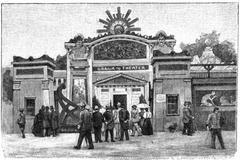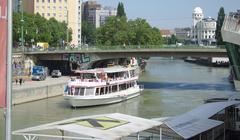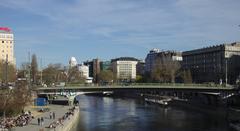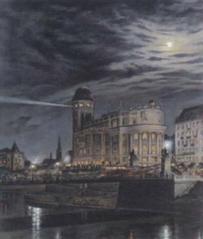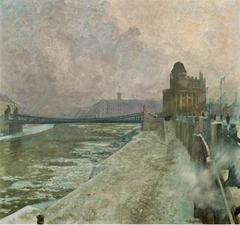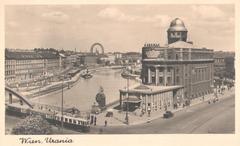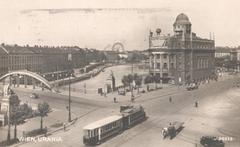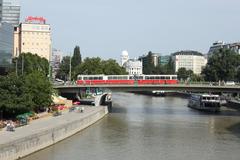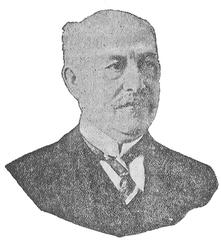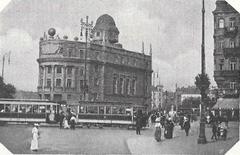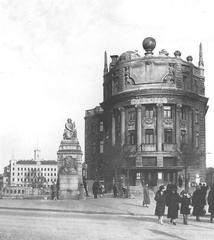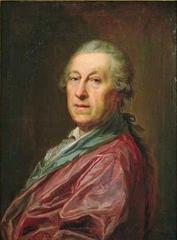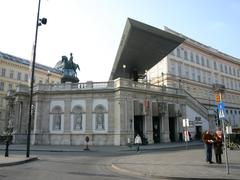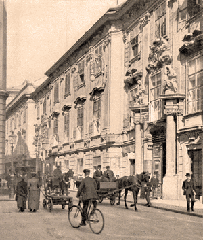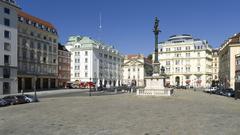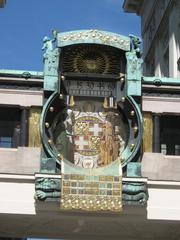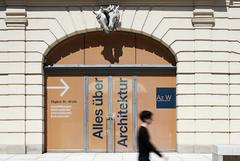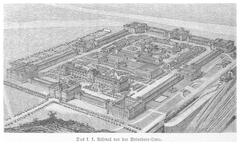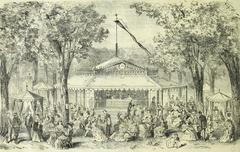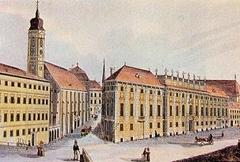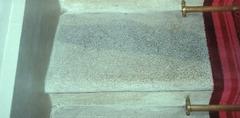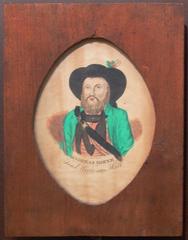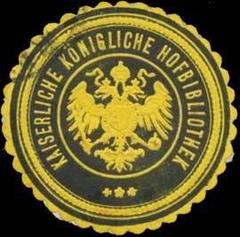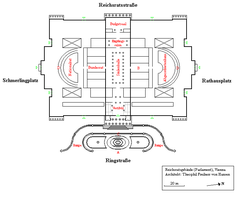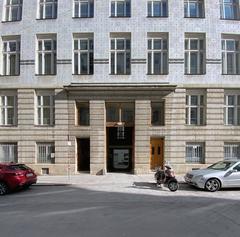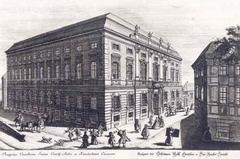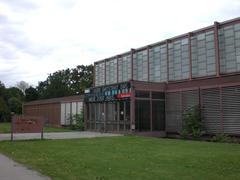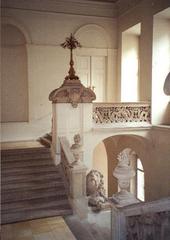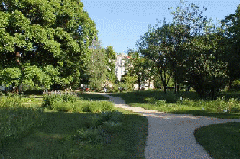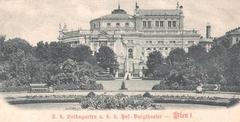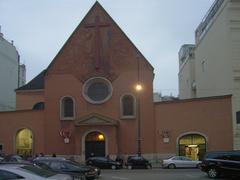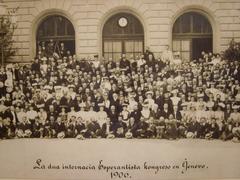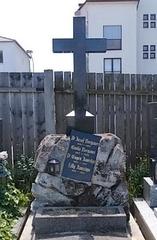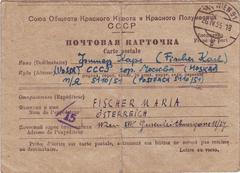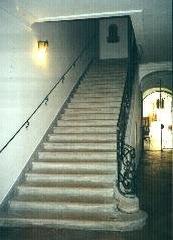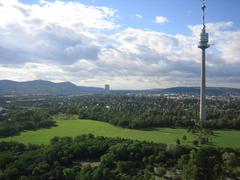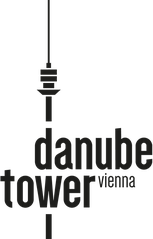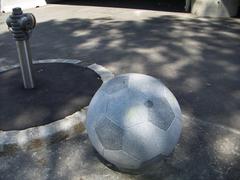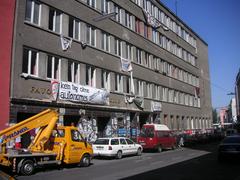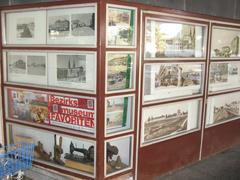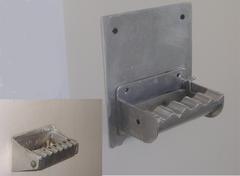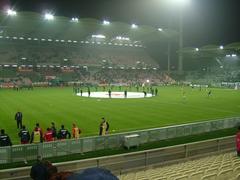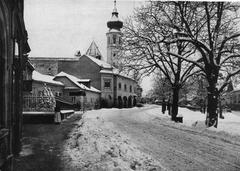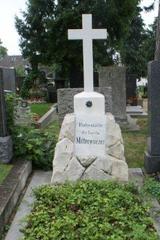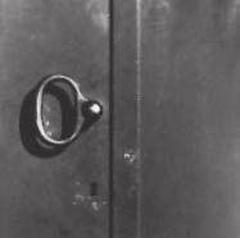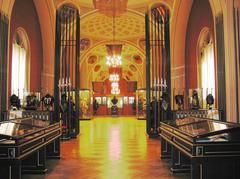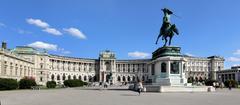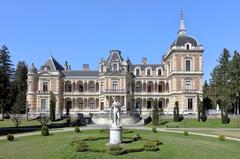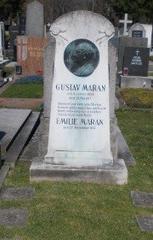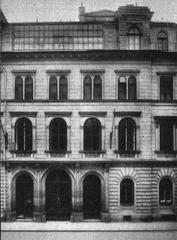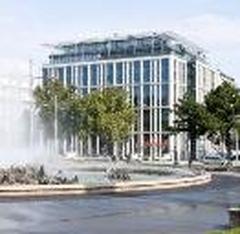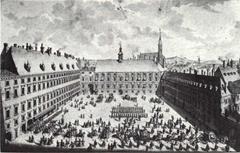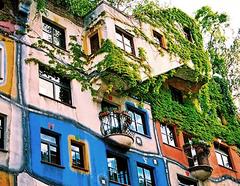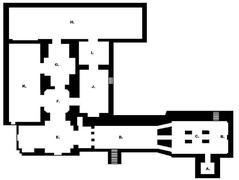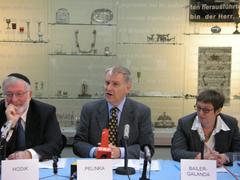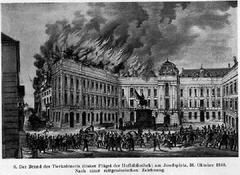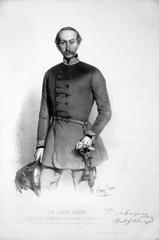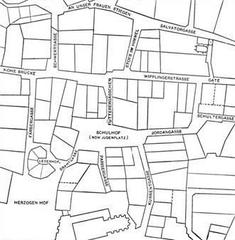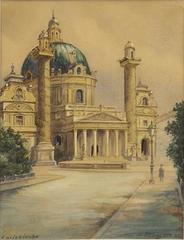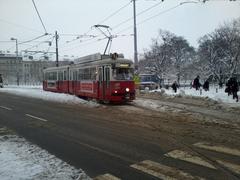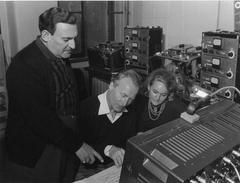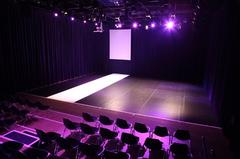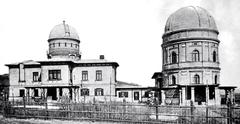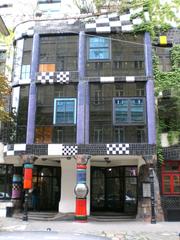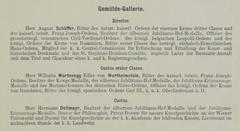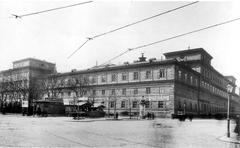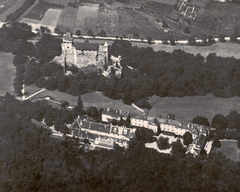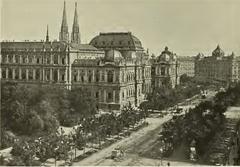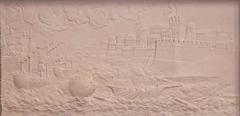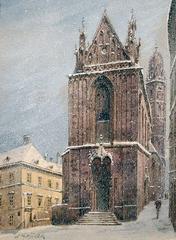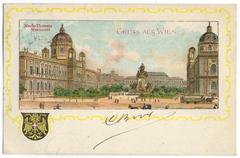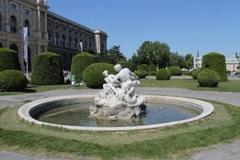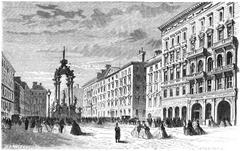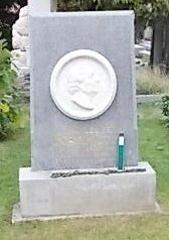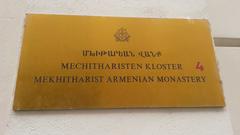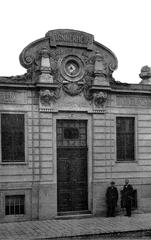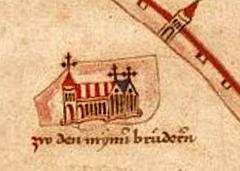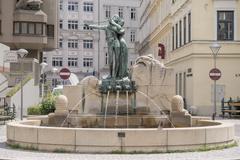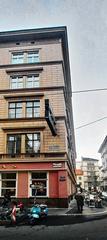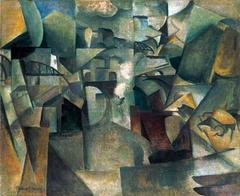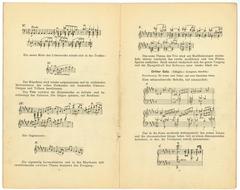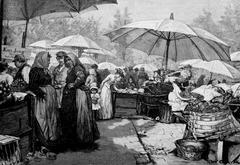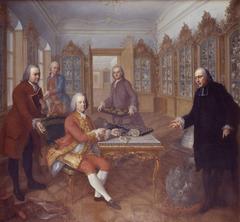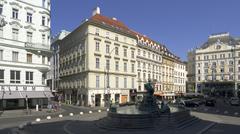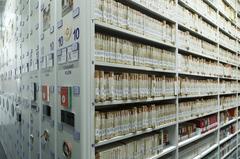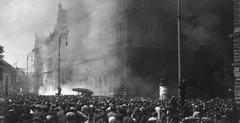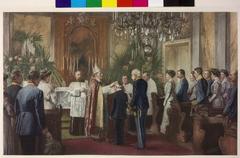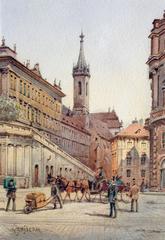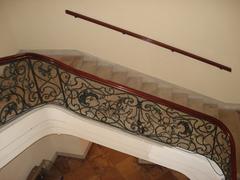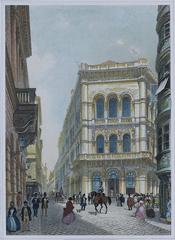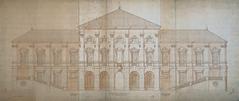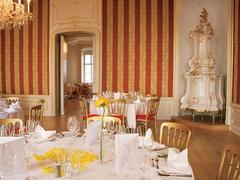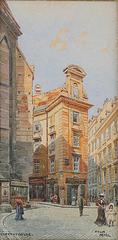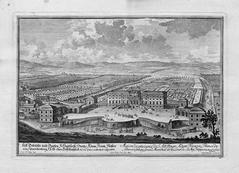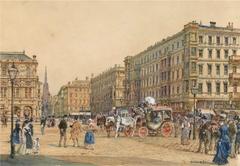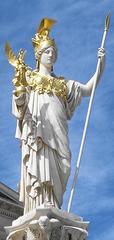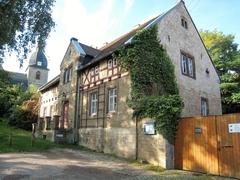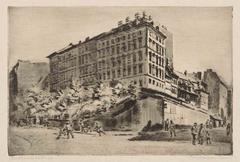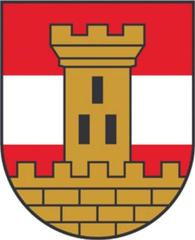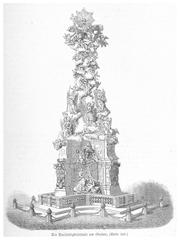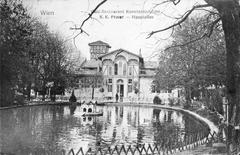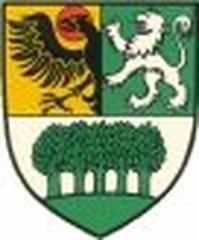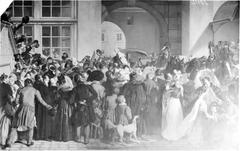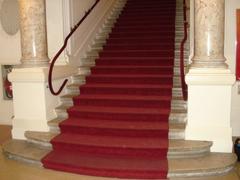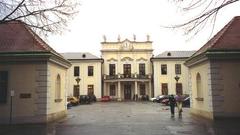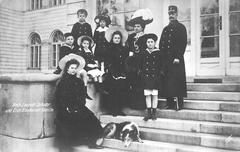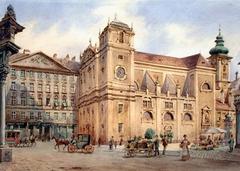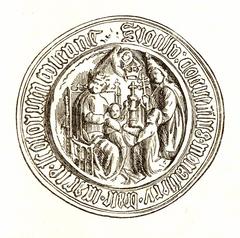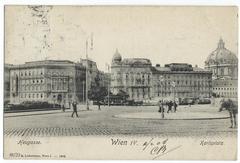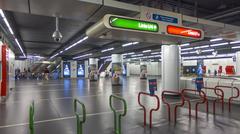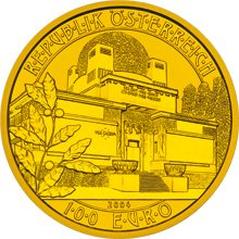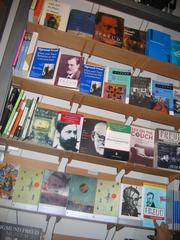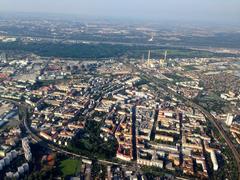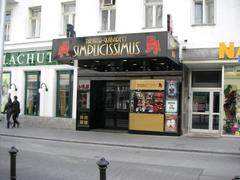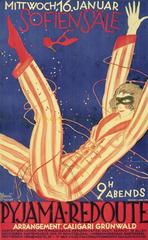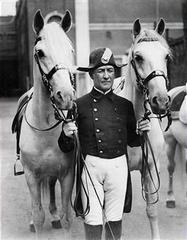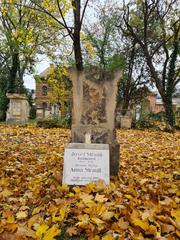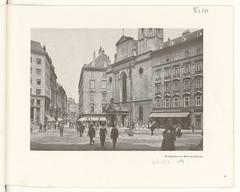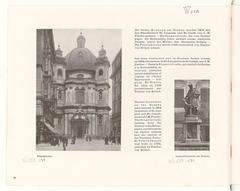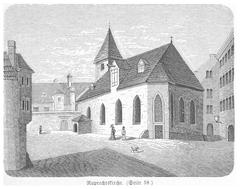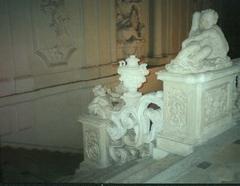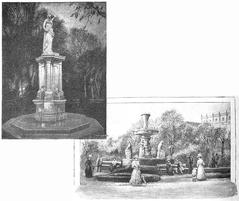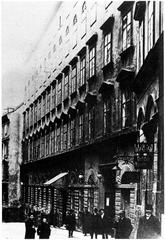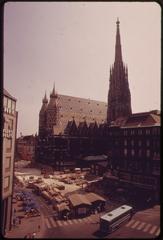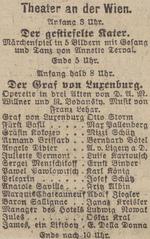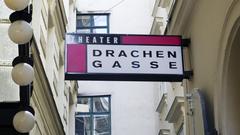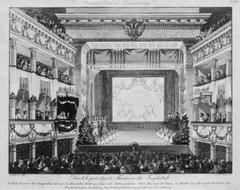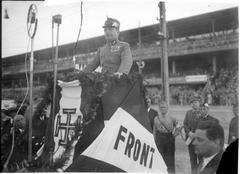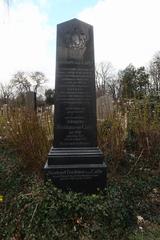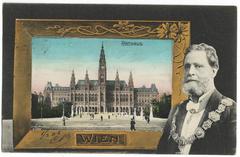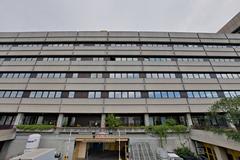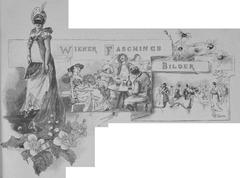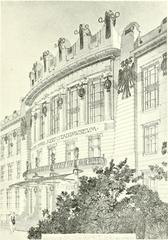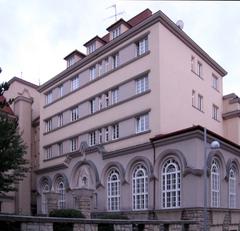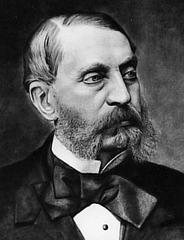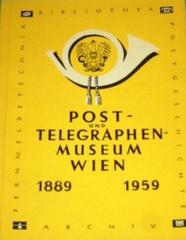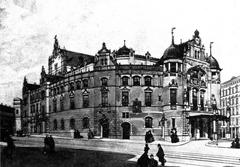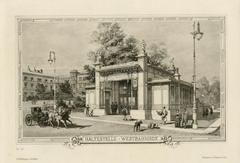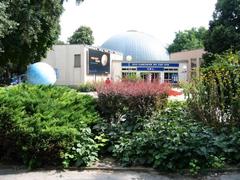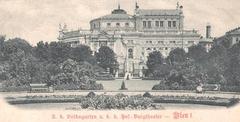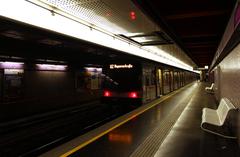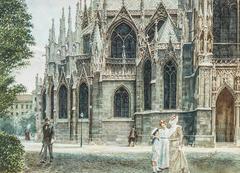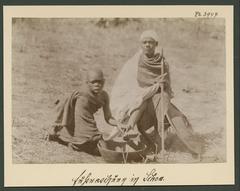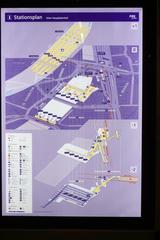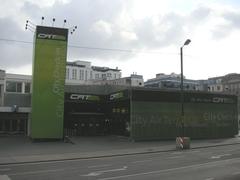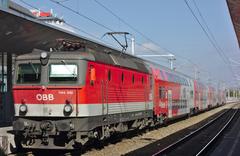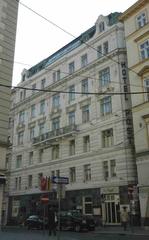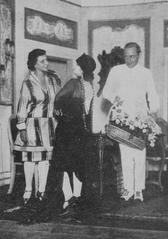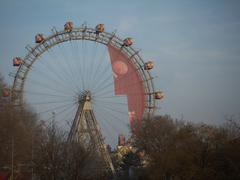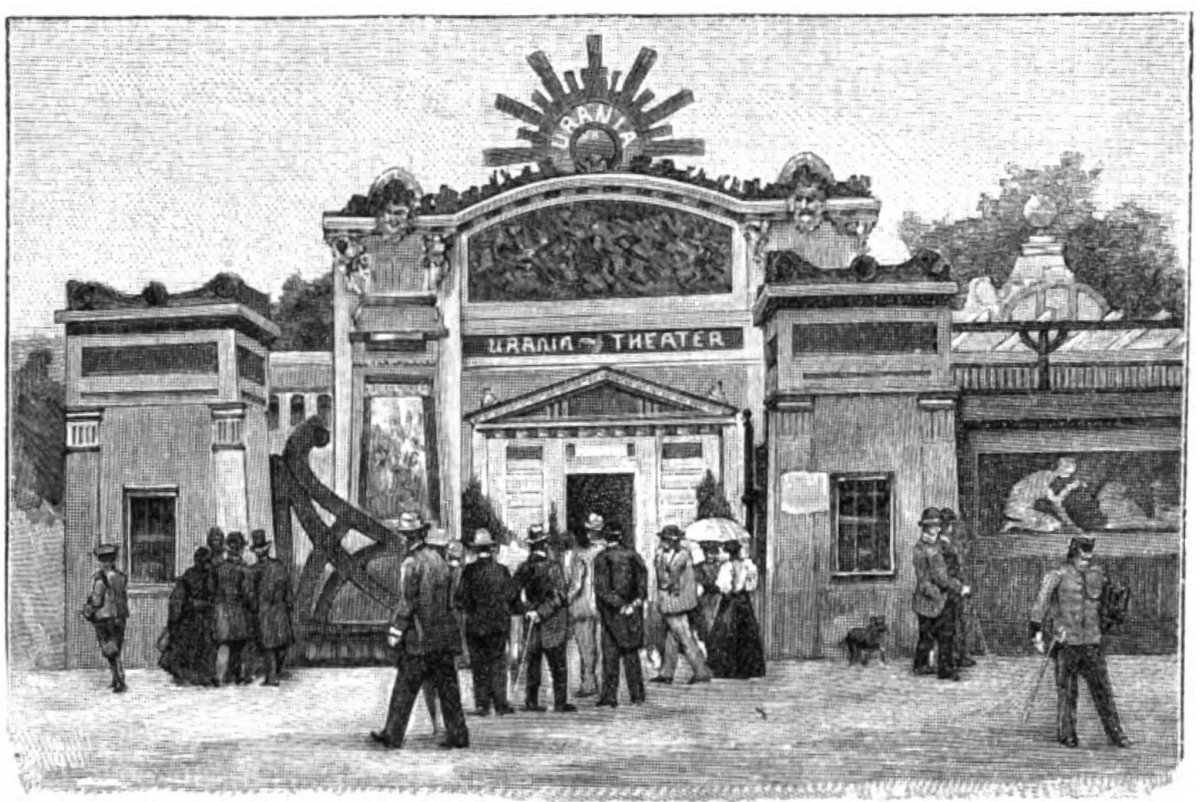
Urania Vienna Visiting Hours, Tickets, and Historical Significance Guide
Date: 14/06/2025
Introduction
Situated at the confluence of the Wien River and the Danube Canal, Urania Vienna is a celebrated cultural and scientific landmark in Austria’s capital. Since its inauguration in 1910 by Emperor Franz Joseph I, Urania has stood as a testament to Vienna’s commitment to public education, scientific advancement, and architectural innovation. Max Fabiani, a leading figure of Viennese Art Nouveau and a protégé of Otto Wagner, designed the building, whose distinctive observatory dome is a city icon. Over the decades, Urania has evolved from a pioneering public observatory into a vibrant center for science, culture, and social engagement, hosting everything from astronomy lectures and film screenings to puppet theater and commemorative exhibitions.
This guide presents a detailed overview of Urania Vienna’s rich history, architectural highlights, practical visitor information—including hours, ticketing, accessibility, and travel tips—and recommendations to help you make the most of your visit to one of Vienna’s most treasured historical sites. (Urania Vienna Official Website, Visiting Vienna, All About Vienna)
Historical Overview
Origins and Founding
Urania was established in the early 20th century, a period marked by Vienna’s transformation into a modern metropolis. Conceived as a public educational institute and observatory, its building was completed in 1909 and officially opened in 1910. The name “Urania” refers to the Greek Muse of astronomy, reflecting its original celestial mission. Emperor Franz Joseph I’s support for the project underscored the monarchy’s dedication to enlightenment ideals and public engagement with science.
Architectural Significance
Max Fabiani’s design for Urania exemplifies the Viennese Art Nouveau (Jugendstil) movement, blending functional clarity with decorative elegance. The structure’s clean lines, ornamental reliefs, and prominent dome encapsulate both the aesthetic and intellectual aspirations of early 20th-century Vienna. Positioned on the Danube Canal, Urania’s terraces and urban integration symbolize the connection between city life, science, and nature.
Evolution Through War and Reconstruction
World War II inflicted significant damage on Urania, including the destruction of its original dome and telescope. Postwar reconstruction culminated in 1957 with the installation of new observatory equipment, reaffirming Urania’s place as a hub of scientific and cultural life in Vienna.
Cultural and Educational Expansion
While astronomy remains at its core, Urania has expanded its offerings to include a historic cinema—host to Austria’s first public sound film screening in 1928—a beloved puppet theater, seminar and lecture rooms, and a memorial to the Kindertransport rescue mission. These diverse facilities underscore Urania’s role as a center for lifelong learning, artistic expression, and historical remembrance.
Visiting Urania Vienna: Essential Information
Location and Access
- Address: Uraniastraße 1, 1010 Vienna
- Public Transport: Schwedenplatz (U1, U4), Schottenring (U2, U4), tram lines 1 and 2 (Julius-Raab-Platz), bus stops at Radetzkyplatz (Vienna101.com)
- Parking: Limited street parking; several public garages nearby. Public transport is recommended.
Accessibility
Urania’s main building, cinema, seminar rooms, and café are accessible to visitors with disabilities, with elevators and accessible restrooms available. Access to the observatory dome is by stairs; guests with mobility needs should contact Urania ahead of their visit for assistance. (Wien.info)
Visiting Hours
- Observatory: Wednesday–Saturday, 3:00 PM–11:00 PM; Sunday, 2:00 PM–10:00 PM; closed Mondays and Tuesdays.
- Cinema: Afternoon and evening screenings; hours vary by event.
- Puppet Theater: Weekend and holiday performances.
- KLYO Restaurant: Daily, 11:00 AM–midnight.
Observatory tours are guided and typically scheduled Tuesday–Sunday according to the event calendar. Advance booking is advised, especially for weekends and special events. (Wien.info)
Tickets and Admission
- Observatory Sessions: Adults €7, Children (6–15) €4, Students/Seniors €5.50–€11 (event-dependent)
- Cinema: €8–12 (varies by screening)
- Puppet Theater: €7–10
- Discounts: Group rates, student/senior discounts, Vienna City Card reduction
Tickets are available online via the official Urania website or at the venue. Advance reservations are recommended, especially for special events and weekends.
Main Attractions and Facilities
Observatory and Stargazing
The Urania Observatory, housed in its iconic dome, features powerful telescopes and regularly hosts guided stargazing sessions, astronomy courses, and expert lectures. These events are suitable for families and often include interactive educational elements. (Live the World)
Urania Kino (Cinema)
Urania’s cinema is renowned in Austrian film history and continues to screen cultural, educational, and art-house films. It is a key venue during the Viennale film festival, attracting cinephiles from around the world. (Visiting Vienna)
Wiener Urania Puppentheater
Founded by Hans Kraus, the puppet theater offers charming performances for families, blending artistry and nostalgia. It is a cultural staple in Vienna’s performing arts scene. (Tour My Country)
Seminar and Lecture Rooms
Urania’s seminar spaces, operated by VHS Urania community college, support a robust program of lectures, workshops, and adult education classes.
KLYO Bar and Restaurant
KLYO offers modern Austrian and international cuisine with panoramic canal and city views. Reservations are recommended during peak times. (Visiting Vienna)
Kindertransport Memorial Room
A dedicated exhibition honors the Kindertransport mission, notably Gertruida Wijsmuller-Meijer’s effort to save Jewish children from Nazi persecution in 1938. This memorial adds a layer of historical reflection to the Urania experience. (Live the World)
Recommended Itinerary and Travel Tips
- Best Times: Evenings for stargazing; weekday afternoons for fewer crowds
- Combine with Nearby Sights: Hundertwasserhaus, Belvedere Palace, Museum for Applied Arts (MAK), Vienna State Opera (Earth Trekkers)
- Events: Check Urania’s calendar for special stargazing nights, film festivals, or rooftop gatherings (Afterwork Vienna)
- What to Bring: Warm clothing for evening visits, camera for panoramic views, Vienna City Card for discounts
Frequently Asked Questions (FAQ)
Q: Can I buy tickets online?
A: Yes, tickets for all Urania attractions are available via the official website.
Q: Is Urania wheelchair accessible?
A: The main building and public areas are accessible. The observatory dome requires stairs; contact staff for assistance options.
Q: Are events available in English?
A: Most are in German; some tours and events, especially during international festivals, may be available in English. Confirm in advance.
Q: Is Urania suitable for families and children?
A: Yes, educational programs, puppet theater, and family-friendly observatory sessions are available.
Q: What are the best nearby attractions?
A: Hundertwasserhaus, Belvedere Palace, MAK, Postsparkasse, Dominikanerkirche, and the Danube Canal promenade.
Visual and Media Suggestions
Visitors are encouraged to capture the striking Art Nouveau architecture, the observatory dome, rooftop terrace vistas, and family events. For optimal photos, visit early morning or at sunset. Online galleries and virtual tours are available on Urania’s official website and social media channels.
Conclusion and Visitor Resources
Urania Vienna is a living testament to the city’s dedication to science, education, and culture. Its blend of historic architecture, astronomical discovery, cinema, theater, and commemorative exhibitions makes it a dynamic destination for visitors of all ages and interests. By planning ahead—consulting Urania’s event calendar, booking tickets in advance, and exploring nearby attractions—you can ensure a rewarding and memorable experience.
For the latest visiting hours, ticketing details, and event updates, consult the official Urania Vienna website and Vienna’s tourism resources.
Further Reading and Sources
- Urania Vienna Official Website
- All About Vienna: Architectural Wonders
- Visiting Vienna: Urania Guide
- Vienna Tourism: Urania Observatory
- Live the World: Star Gazing at Urania
- Tour My Country: Urania Vienna
- Vienna.net: Palace Urania
- Vienna101.com: Exploring Schwedenplatz
- Earth Trekkers: Top Ten Vienna
- Afterwork Vienna Events
